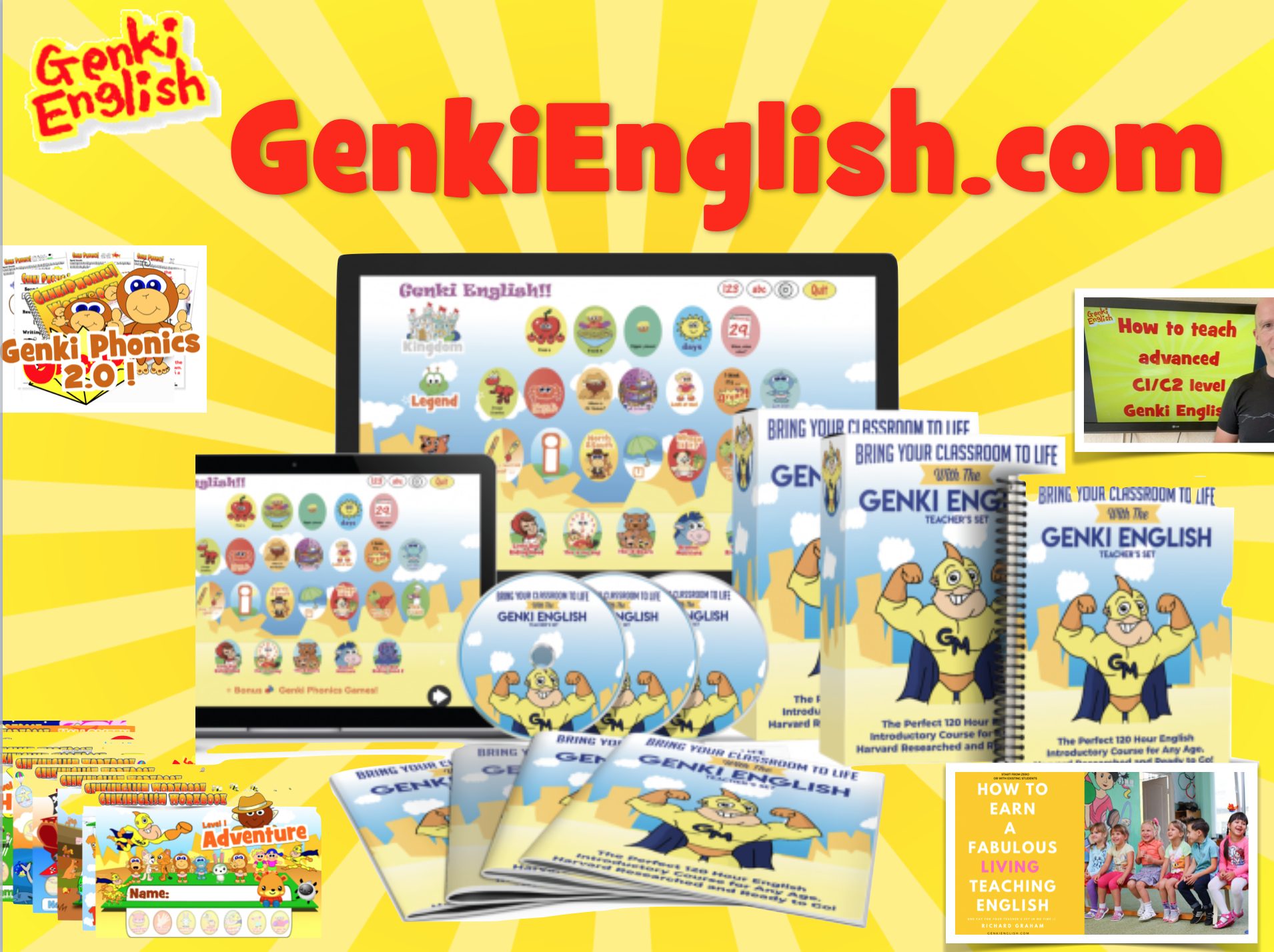
One of the big requests I got last week on the “What would you like to see in a “How to teach children English” course?” was
“How to teach English to children of different ages”
I think this is the wrong question to ask 🙂
The short answer is:
You don’t teach them any differently. If you get the method right then age doesn’t matter at all.
The longer answer is …
Sure there are a few small differences such as kindergarten kids learning much faster than elementary schools kids (and preferring much faster songs!) or of course not teaching speaking to kids who aren’t physically capable of speaking i.e. usually up to around 2.5 years.
And there are lots of developmental issues, such as becoming aware of self ( usually between 1 or 2 years) or things like motor control for writing or drawing.
However when you look at it, it’s not necessarily the *age* that is the determinant factor, it’s that the older kids have just had more practice.
And it’s the same with music, or karate or English.
You don’t suddenly jump into Rachmaninov or fighting a black belt or learning complex grammar just because you are 15 years old and everyone thinks that should be your level.
Otherwise you totally lose confidence. Or get a broken nose.
And I’m sure you’ve seen what happens at many high schools when they try and do complex grammar and writing too early.
So if you’re a beginner of 4 or 40 just start with lesson one and work through.
And of course, speaking first. With confidence before the reading and before the writing.
Ninja Tip: If you are being “forced” to teach something you know is wrong. DON’T TEACH IT. You will be doing more damage than good. Instead schedule the time and say to the students “Right, we need to be here. And right now we’re here! So we’re going to do a crash course with you. We’re going to get ALL of you up to this level. And we’re going to start off with something that’s really, really easy and work up from there. We’re going to go super fast. I need 100% from all of you here to get through this. Are you with me?”
Be genki,
Richard
P.S. One comment I hear is “little kids don’t like to sit down and do worksheets” Well, neither do adults. 🙂 If you go to any professional adult training these days, it’s like a rock concert, with music, games, projects, motivation and a TON of being Genki! If you’re a beginner of 4 or 40 just start with lesson one and work through.




Teaching children with special needs falls into this category of children with different ages. I must teach English as a second language to six groups, and the children all have different ages and different levels of English. The genki method of teaching seems like it would please all of my students with special needs aged 5-12 as it promotes spoken language first. Thank you